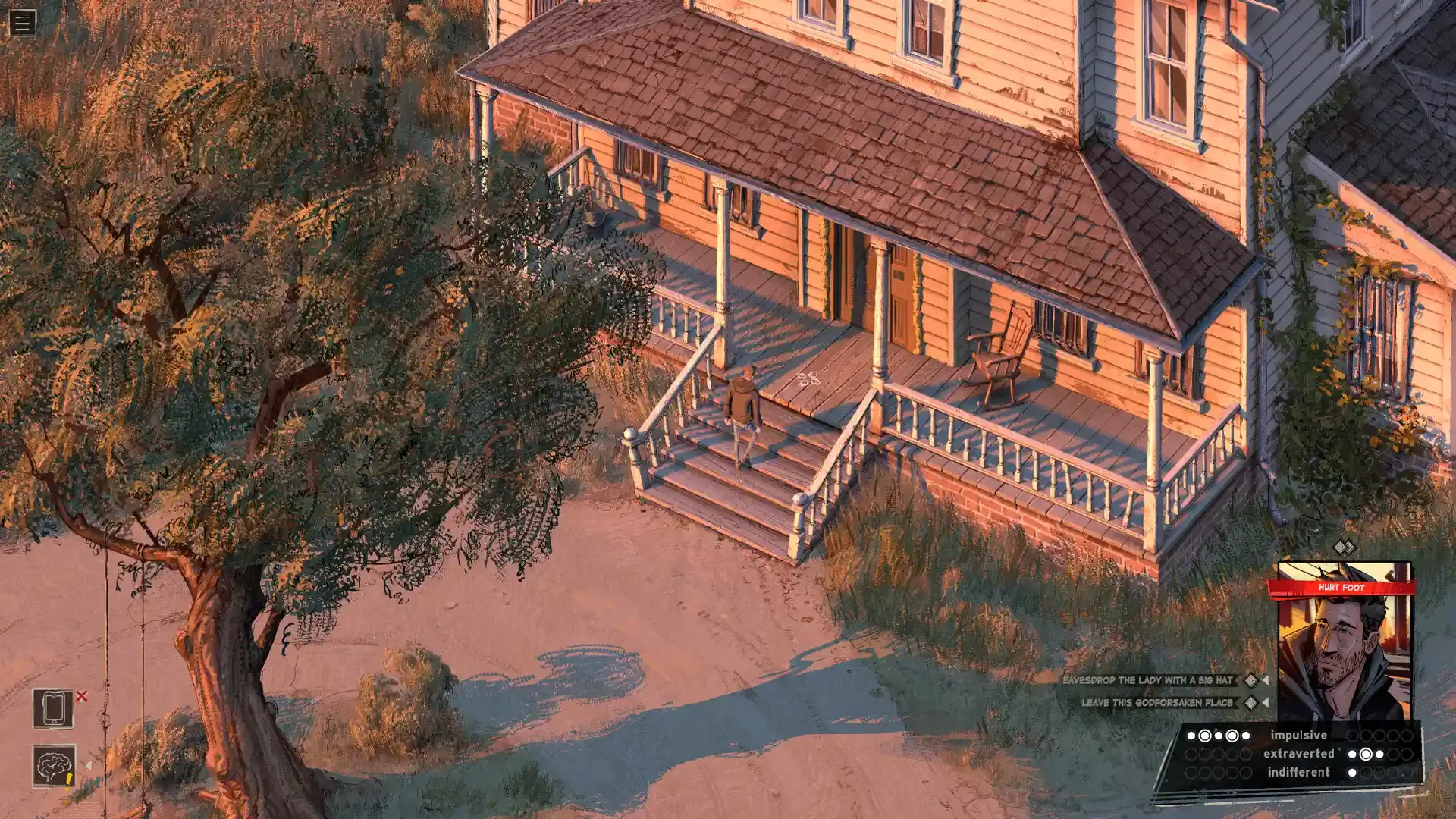A Beginner's Guide to 'Rue Valley': Stop Trying to Min-Max
This isn't Diablo. This is a narrative RPG. Stop trying to find the "perfect build" and just... be a person.
I see you. You're hovering over the character creator, trying to figure out the "optimal" setup. Let me save you the trouble: there isn't one.
Rue Valley is a narrative RPG, and its Trait system is designed for one thing: roleplaying. Failing checks isn't a bug; it's the point. You're supposed to be locked out of dialogue options because you're too awkward, or too arrogant. This is a game about being a specific type of person, not a perfect, all-knowing god.
How Traits Actually Work
You start with nine (and only nine) personality points. You can't earn more. You spend these at the start to define your character, and no, you can't respec.
Traits are permanent passive effects that unlock unique dialogue options and, just as importantly, lock you out of others. If you're "Secretive," you just can't do the "Nosy" options. That's the game.
The 'Switch' Button (And Why It's Confusing)
This part trips everyone up. You're not unlocking a specific Trait. You're unlocking a slot on the personality bar.
For example, putting two points in "Calculated" unlocks the first slot. By default, "Paranoid" is in that slot. But if you hit the "Switch" button, you can put "Indecisive" there instead.
This just lets you grab the Trait you want without having to spend four points just to reach its default position. It's about customization, not some deep, complex system.
All 12 Traits (And What They Do)
Here's the full list of what you're signing up for. The real value is just picking the ones that sound fun to roleplay.
But Can I Lose My Traits?
Sort of.
You can't respec, and your starting choices are permanent. But as you play, you'll get temporary "status effects" from your decisions.
These effects can add or subtract points from your personality bars, which might be enough to temporarily unlock a new Trait or lock one you already have. This happens to you; you can't control it. It's all part of the story.
So, just stop worrying. Max out "Calculated" and be a paranoid wreck who sees conspiracies everywhere. Or be "Dramatic" and make every conversation a soap opera. Just pick a vibe and commit to it.
